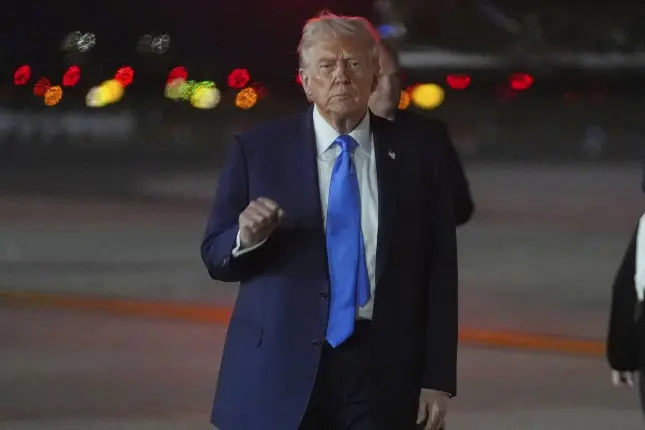September 25, 2025
US allies at the UN voiced growing support for Palestinian statehood, presenting a direct challenge to Donald Trump’s pro-Israel policy stance.

A growing number of US allies have openly embraced Palestinian statehood, creating new diplomatic challenges for former President Donald Trump’s Israel policy. The shift, expressed during high-level meetings at the United Nations General Assembly, reflects a mounting divergence between Washington’s close partners and Trump’s longstanding pro-Israel agenda.
According to diplomats present at the UN, European and Middle Eastern states are intensifying calls for the recognition of Palestine as an independent state, viewing it as essential for peace and stability in the region. The calls were amplified by frustration over continued violence, humanitarian crises in Gaza, and a lack of tangible progress in peace negotiations.
For Trump, who has consistently aligned himself with Israel’s leadership, this growing consensus among US allies represents a diplomatic test. His administration had prioritized strengthening ties with Israel, moving the US embassy to Jerusalem, and supporting policies widely criticized by Palestinians as undermining their aspirations for statehood.
Observers argue that the new wave of support for Palestinian statehood underscores the erosion of international patience with the status quo. Governments in Europe, the Gulf, and beyond increasingly see the two-state solution not just as a political aspiration but as a diplomatic necessity. By contrast, Trump’s policies have been criticized for emboldening Israeli settlement expansion and reducing incentives for negotiation.
Diplomatic experts note that the debate is no longer limited to rhetoric. Several US allies are actively considering steps to formalize recognition of Palestine. Such moves could include parliamentary resolutions, bilateral agreements, and coordinated positions at the United Nations. Should these initiatives gain momentum, the United States would face mounting pressure to reconsider its approach, especially given the implications for global stability and Washington’s credibility as a mediator.
Human rights advocates argue that US allies are responding to worsening conditions in Gaza and the West Bank, where Palestinians continue to face restrictions, economic hardship, and displacement. International organizations have repeatedly warned that without decisive action, the humanitarian crisis could spiral into greater instability, fueling further conflict across the Middle East.
The timing of this shift is particularly significant, coming at a moment when Washington seeks to reinforce its global influence amid other foreign policy challenges. Trump’s ability to maintain cohesion among allies may be undermined if he continues to resist what appears to be a growing international consensus on Palestinian rights.
Critics of Trump’s stance contend that ignoring the demands of allies risks isolating the US in multilateral forums. By clinging to a one-sided approach, they argue, Washington risks diminishing its diplomatic leverage and weakening its long-standing alliances. Supporters of Trump’s Israel policy, however, insist that prioritizing Israel’s security remains critical to America’s strategic interests in the Middle East.
The developments at the UN General Assembly highlight the widening rift between Washington’s position and that of its closest partners. Whether this rift will lead to a recalibration of US policy or further entrenchment remains uncertain. What is clear, however, is that the question of Palestinian statehood has reemerged at the forefront of international diplomacy, with America’s allies increasingly taking the lead.